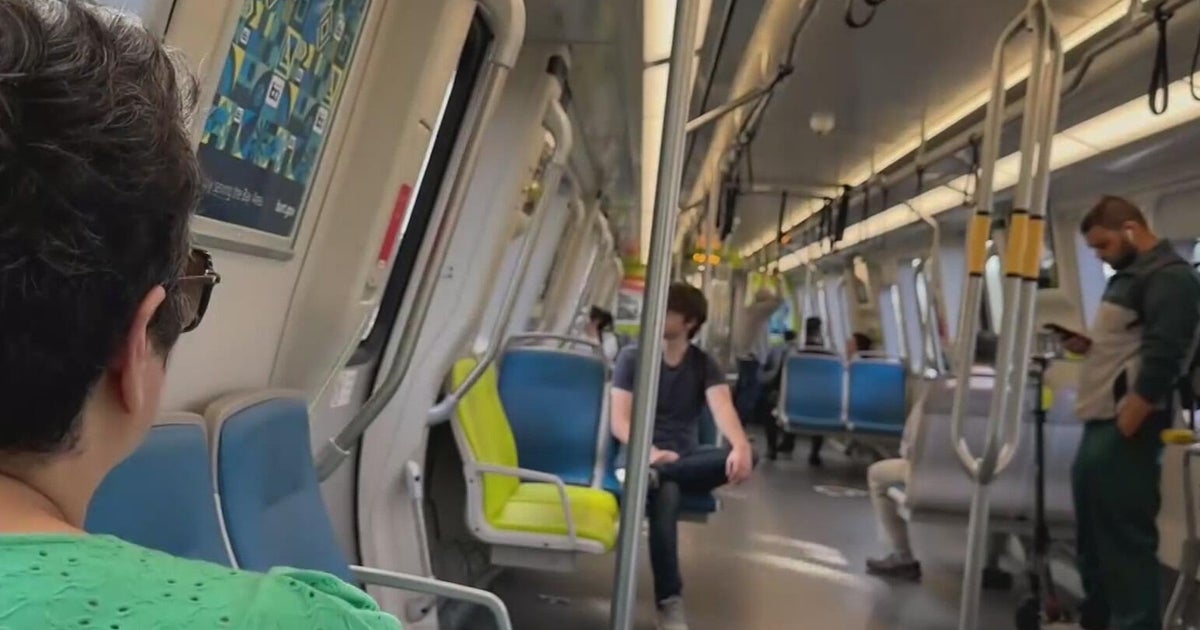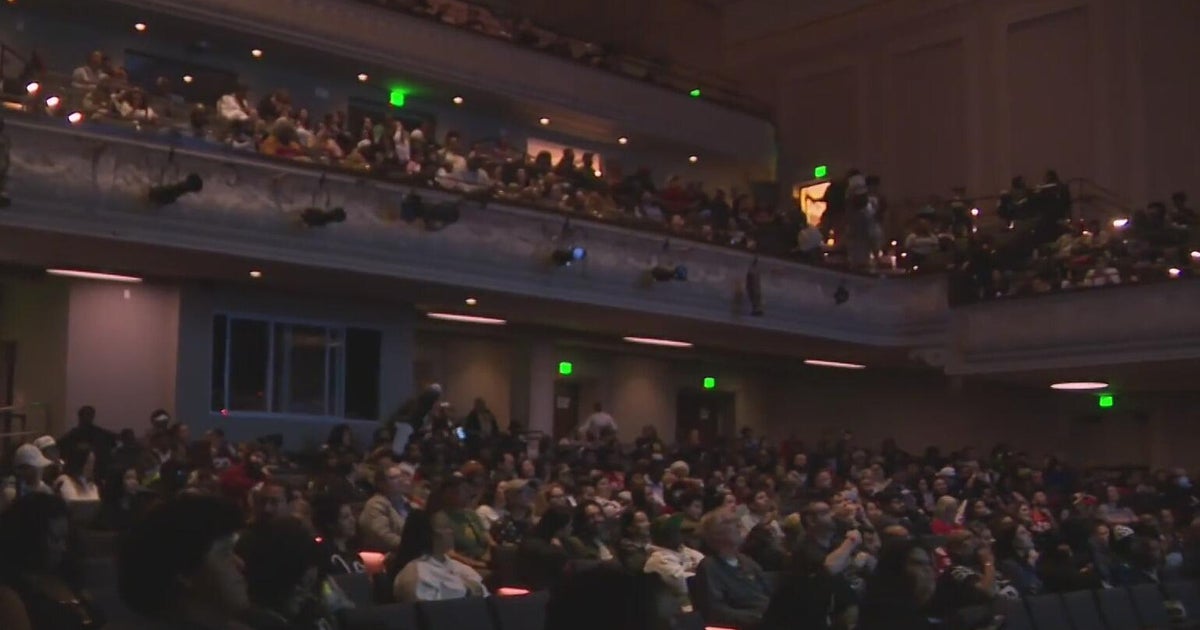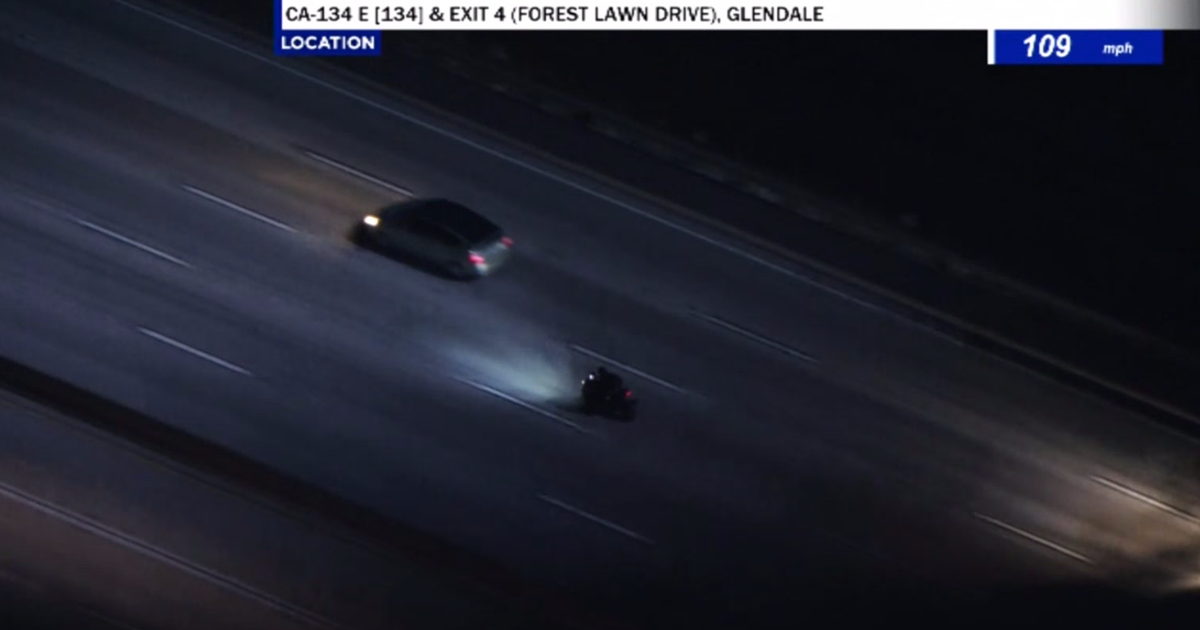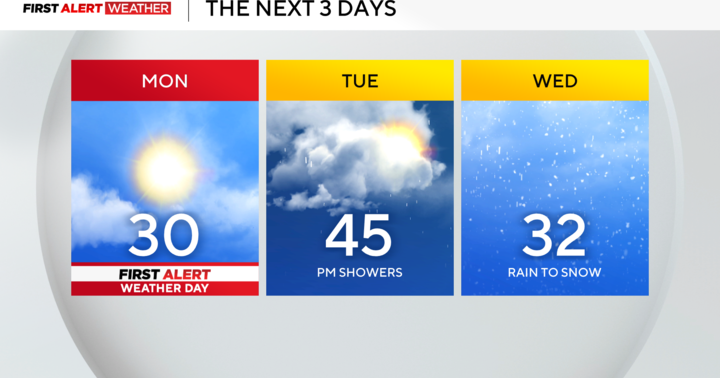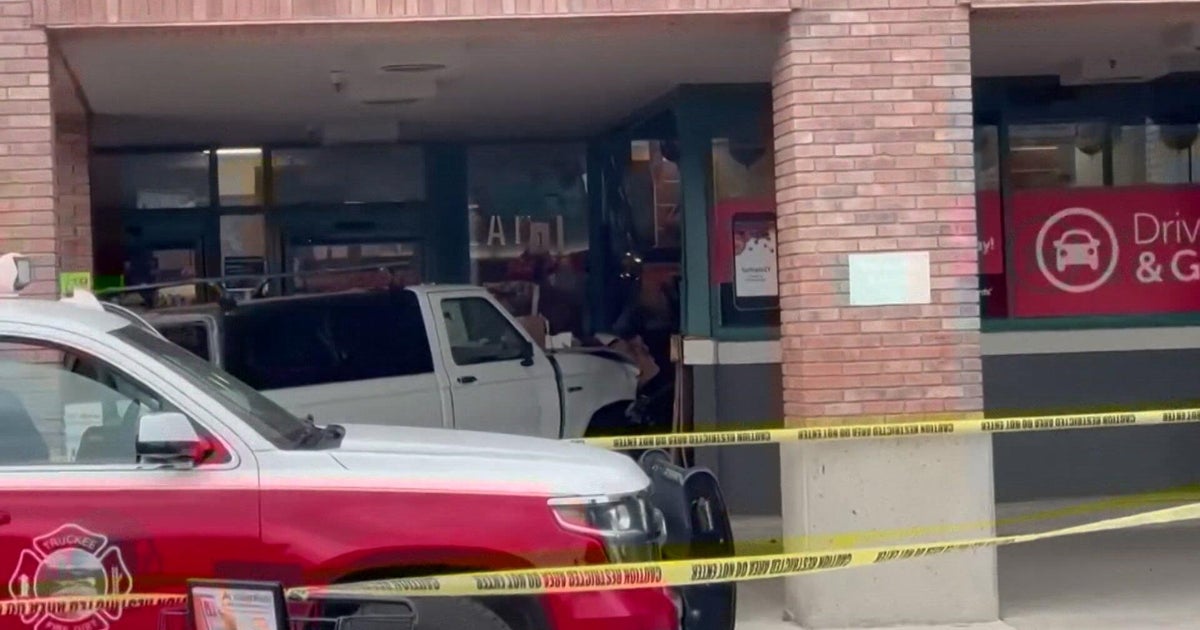As Of July 1, Bay Area Cities Must Allow Housing Developments On BART Property
LAFAYETTE (KPIX) - A new California law could help alleviate the Bay Area's lack of affordable housing. On July 1, most Bay Area cities with BART stations must submit a plan to begin allowing development on those properties.
It's part of a state law designed to get suburban communities to build more housing. Assembly Bill 2923 was passed as a way to force reluctant cities to accept high-density, "Transit Oriented Developments" in their communities.
TOD's are dense housing complexes located within walking distance, or 1/2 mile, of a BART entrance. AB-2923 says cities in Contra Costa or Alameda Counties or San Francisco must rezone any BART-owned property, 1/4 acre or larger, to allow such development.
Dwane Kennedy is President of CityShapers, an urban design consulting company. He didn't expect the process to be easy.
"I think the problem you have with BART is that it's been around a long time," said Kennedy. "So, we're going back in time and now we have to apply a major development concept to the major artery that's already there. And BART is the major transportation artery."
There has been pushback to the law, especially in suburban communities like Lafayette. The City Council is making plans to change the zoning of the BART parking lots to allow future development and at Monday night's meeting, Councilmember Susan Candell expressed the sentiments of her constituents.
"Most everybody has kind of the same vision in their head," she said. "The people that I've spoken to are thinking, 'three stories, you know, nothing too inconsistent with the rest of our town.' And the issue there, as we know, is that that's not what AB 2923 says."
In the Lafayette parking lot, the law says BART can build a complex up to 5 stories high with a minimum of 75 units per acre. That's at least 825 units in the 11-acre space at Lafayette. Patrick Fitzpatrick lives across the street and doesn't object to greater density but wonders what the effect will be on normal BART commuters.
"The intention there is you have two big BART parking lots for BART," he said. "It takes cars off the streets and the freeways going into San Francisco. Cannibalizing it, taking that parking space, means that...how do people get to BART in the first place?"
But the law's intention is to create housing, and Kennedy thinks it will actually make it easier for local officials to do that.
"I think the state law helps local jurisdictions get some cover, right? Now that they're forced to make some of these decisions that perhaps their local politics couldn't support in the past years," he said. "I think it gives local decision makers the chance to now approve some of this housing that couldn't get done before."
Changing the zoning is just the first step in the process, and BART says the Lafayette site probably won't be developed before the year 2030.
